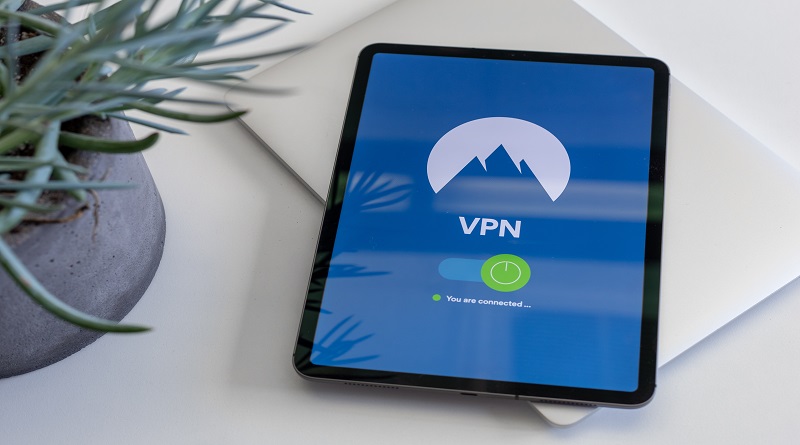Are you interested in learning the basic skills to defend computers against attacks? Do you pay meticulous attention to detail and have knowledge in IT? Cyber security is an important aspect of commuting for all computer uses and you might just fit the role to become a student in the area.
What is cyber security?
Cyber security is the practice and process of defending computers, servers, systems and all aspects of computer functions against attacks. These include protecting software, hardware, electronic data and networks from disruption or misdirection.
What third level courses are available?
Universities and colleges in Ireland are offering courses in the following subject areas:
- Cybercrime and IT Security
- Digital Forensics Cyber Security
- CompTIA Cybersecurity Analyst (PLC)
- Computer Networks and Cyber Security (PLC)
- Computer Systems and Networks with Cyber Security (PLC)
- Cyber Security with Software Development (PLC)
- Networks and Cyber Security (PLC)
- Software Development (Coding and Cybersecuirty) (PLC)
Studying Cloud Computing in college
There are a number of courses in this area with a large amount being PLC courses. PLC courses will generally be 1 year long and give you a broad introduction to the area. Many of these PLC courses are paired with other relevant areas, for example as seen above, digital forensics, software development and networks can be studied with cybersecurity in a PLC course.
There are also a number of undergraduate courses in the area. These will typically be between 3-4 years long. Your first year of an undergraduate course will act as an introduction year which will give you a strong grounding in the area and give you an idea of what is to come throughout the course. Content will differ from course to course but areas that may be covered include computer systems, routers and routing basics, mathematics for computing, computer architecture and many more.
In your second, third and possibly fourth year you will be introduced to more complex and in depth information and be able to develop your skills in the area through lectures and practical work. Subjects you may cover throughout these years include, but are not limited to, advanced programming, information technology mathematics, data fundamentals, software engineering and testing, secure programming, network security, computer and network forensics, biometrics and application security.
Some courses may also offer the opportunity to apply your knowledge in a practical setting through work experience to gain knowledge and experience in the working world of cyber security.
Career Options
The world of computing and technology offers a broad range of roles across multiple sectors. The most obvious role in this case is to become a cyber security specialist. Other related jobs are listed below.
There is also the option of studying at postgraduate level to specialise in a particular area as well as finding your way into an education role such as teaching or lecturing in colleges and universities. Working in the research area is also an option.
Skills and qualities important to have in this area include excellent IT skills, time management skills, organisational skills, a critical thinker, the ability to solve problems, ability to work well with others, perseverance, attention to deal, a mind for technology, a forensic approach to challenges and knowledge of hardware, software and networks.
Related Jobs
- Cyber Security Specialist
- IT consultant
- Android/iOS developer
- Cloud engineer
- Software engineer
- Data engineer
Further Study
Visit postgrad.ie for more information.
FAQ
Different courses and different colleges will have different entry requirements. It’s always safest to check with the individual higher education institution which is available on their websites. As a general rule Leaving Cert students should have a minimum of six subjects which should include: Two H5 (Higher Level) grades and Four O6 (Ordinary Level) grades or four H7 (Higher Level) grades. Subjects must include Mathematics, Irish or another language, and English.
The highest points required for a third-level course in this area was 293 points last year to study Cybercrime and IT Security in IT Carlow. The lowest points required were 220 points to study Digital Forensics and Cyber Security in TU Dublin – Blanchardstown. Points main range from 200-300 in this area.
Where can I study?
For other courses in the area you would like to explore, you can do so here.
Did you know?
- There is a hacker attack every 39 seconds
- Small businesses are often the target of cyber attacks as 43% of attacks see this group as the target
- Since the beginning of Covid-19, the US FBI reported a 300% increase in cybercrimes being reported
Resources












Comments